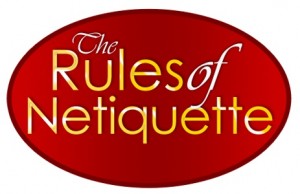 Thanks how technology is evolving, things change online so fast it can be hard to keep up. New apps, new websites, and new smartphones or computers—they make life easier but they all require a learning curve and adjustment to the way we do things.
Thanks how technology is evolving, things change online so fast it can be hard to keep up. New apps, new websites, and new smartphones or computers—they make life easier but they all require a learning curve and adjustment to the way we do things.
While we’re adjusting, our kids are picking up on this stuff and running with it. They were born into an online world, and news apps and new websites are easy to pick up, easy to use, and require almost no learning curve. They just dive in and go.
But like everything in life, there are certain rules we should follow. If you’re driving, you stay on the right side of the road. When someone does something nice for you, you say thank you, and when you’re posting on the Web or using an app, you use proper netiquette.
What is netiquette? In a nutshell, it’s network etiquette or the rules of the road for behaving properly online. Just like in real life, netiquette involves using your manners, thinking before you comment, and realizing that your words have the power to hurt.
The rules of netiquette are self-imposed, and because no one is out there policing people and making sure they use their manners online, kids can quickly get in trouble. If you want to keep your kid’s safe online, teaching them about online safety and netiquette is an absolute must. Here are a few netiquette rules you’ll want to share with your kids.
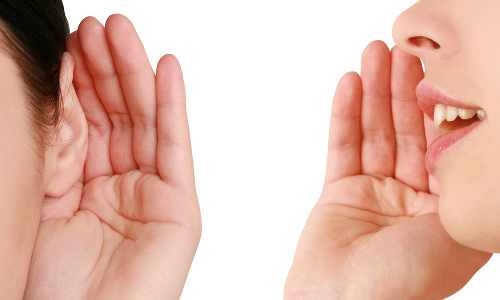 Rule #1 – Comments have the power to hurt
Rule #1 – Comments have the power to hurt
You know that old adage, ‘Sticks and Stones can break my bones, but words can never hurt me?’ That’s not really true, is it? Words can and do hurt in real life and on the Internet, and even if they come from a stranger, they have enough power to cause serious emotional harm.
I’ve talked about the Youtube comments section on my post about cyber bullying, and if you want an example of people completely ignoring common sense and posting whatever is in their head right at that moment, your first stop should be there. Some of the comments on people’s videos, even if that video is by a child, are incredibly hurtful on the low end of the scale and absolutely horrible on the high.
Teach your kids that every comment matters, no matter how trivial they think it is, and if they wouldn’t say it to someone’s face, don’t say it online.
Rule #2 – Protect your privacy, because no one is anonymous online
Although your child may be sitting at home alone when they post online and they feel safe because it’s just them and their computer, they need to understand that no one is alone or anonymous when posting online.
Take hurtful, malicious, or threatening comments for example—if someone were to post a malicious comment online and the person it was directed at wanted to find out who it was, they’d just have to do a little digging.
You can source IP addresses from email to narrow down where someone lives, and if the comment is posted on a website, the owner of the website can find out specific locations and email addresses from those comments. Public websites like Twitter and Facebook have better tools for finding people online, so anything you post on there can be traced very easily.
No one is really anonymous online, and if kids understand that they can make smart decisions about what they post or share.
 Rule #4 – Protect your personal information
Rule #4 – Protect your personal information
It can be easy to share personal information when kids are chatting online, and they might feel it’s OK because they actually know the person they’re chatting to in real life. Unfortunately conversations online may not be private, and you never know who has the power to look in on your chat. Kids should never share their personal information, including name, age, and location, anywhere online.
Kids should also be taught to respect other people’s online privacy. It’s never a good idea to share anyone else’s personal information, and you could be putting that person in danger by doing so.
Rule #5 – Don’t gossip or take part in cyber-bullying
One rule of netiquette rule is to not take part in cyber bullying or spread gossip. Kids tend to group up in these situations, and what may have started as an innocent comment online can blow up into a nasty experience.
The same goes for online gossip. Just like the telephone game where you say one thing to someone else and it changes as it goes down the line, gossip online can spread like wildfire and change depending on who’s posting it. Unless you want a story to quickly escalate out of control, don’t share it online.
Rule #6 – Avoid celebrity bashing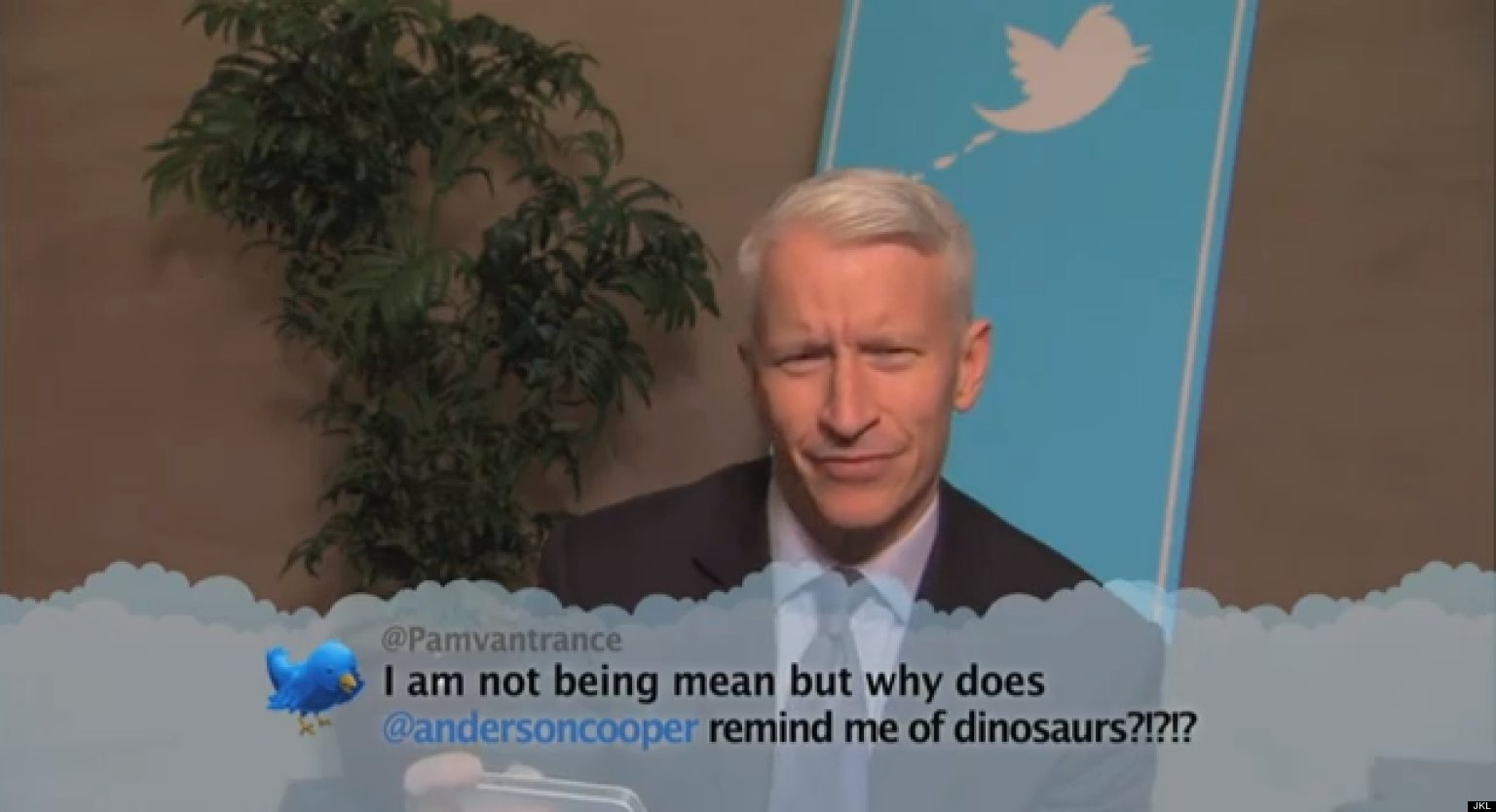
For those of us who lived through the 80’s and 90’s without cell phones and computers, it’s really funny to see how accessible celebrities are now. They post on Twitter and Instagram, sharing their lives in real time, and it’s crazy to think back and remember that you’d only see these people on the pages of TigerBeat (yes, I’m dating myself) or People magazine.
But because they’re so accessible online, it’s easy to forget they are human, and one of the rules of netiquette is to never bash celebrities or public figures. Even if you delete your comment after, someone could take a screen shot. Posting something inappropriate directed toward a celebrity or public figure can get you in a lot of trouble.
Other quick netiquette rules of thumb include:
- Don’t spam or post excessive comments
- Don’t overuse emoticons or use emoticons inappropriately
- Watch your language
- Don’t type in all caps
- Don’t plagiarize other people’s photos or content
Kids these days live in two worlds: online and off. Just like you teach them good manners in the real world, you need to teach them good manners in the online world.
If you have any netiquette rules you’ve taught your kids, please share them in the comments.
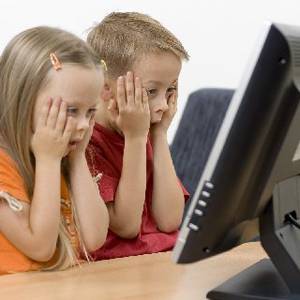 Teaching your kids about cyber safety |
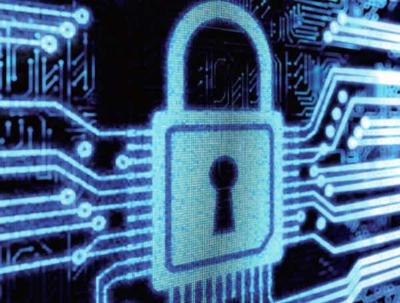 What kind of computer is best for Internet security? |
 What is cyber bullying and what you can do about it |



